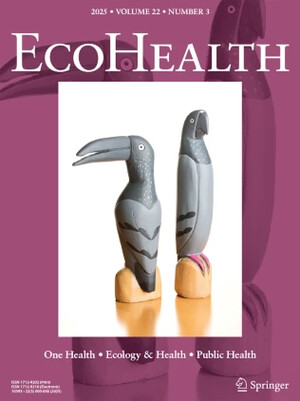
The economic and poverty impacts of animal diseases in developing countries: new roles, new demands for economics and epidemiology
Abstract
Animal disease outbreaks pose significant threats to livestock sectors throughout the world, both from the standpoint of the economic impacts of the disease itself and the measures taken to mitigate the risk of disease introduction. These impacts are multidimensional and not always well understood, complicating effective policy response. In the developing world, livestock diseases have broader, more nuanced effects on markets, poverty, and livelihoods, given the diversity of uses of livestock and complexity of livestock value chains. In both settings, disease control strategies, particularly those informed by ex ante modeling platforms, often fail to recognize the constraints inherent among farmers, veterinary services, and other value chain actors. In short, context matters. Correspondingly, an important gap in the animal health economics literature is the explicit incorporation of behavior and incentives in impact analyses that highlight the interactions of disease with its socio-economic and institutional setting. In this paper, we examine new approaches and frameworks for the analysis of economic and poverty impacts of animal diseases. We propose greater utilization of “bottom-up” analyses, highlighting the strengths and weaknesses of value chain and information economics approaches in impact analyses and stressing the importance of improved integration between the epidemiology of disease and its relationships with economic behavior.
Citation
Rich, K.M. and Perry, B.D. 2011. The economic and poverty impacts of animal diseases in developing countries: New roles, new demands for economics and epidemiology. Preventive Veterinary Medicine 101(3-4):133-147.









